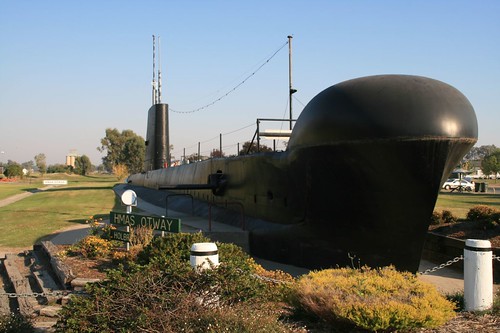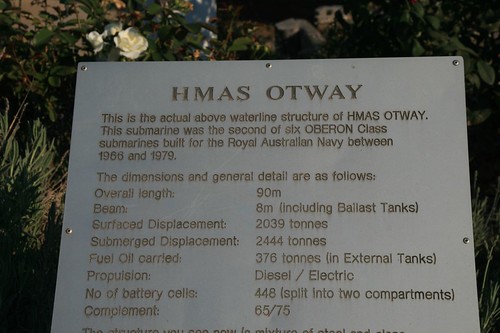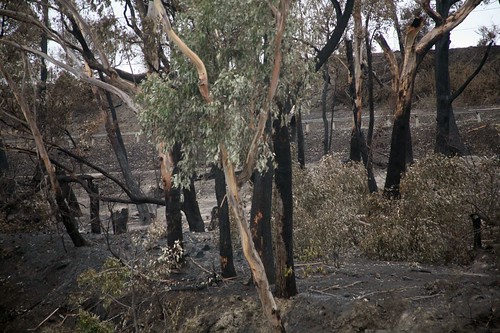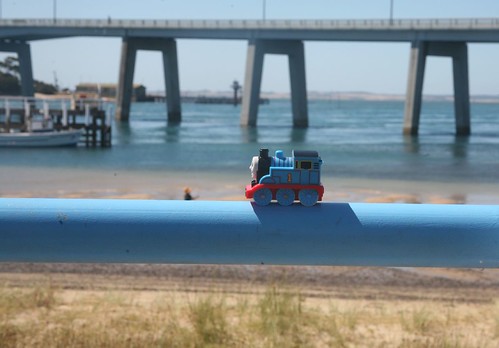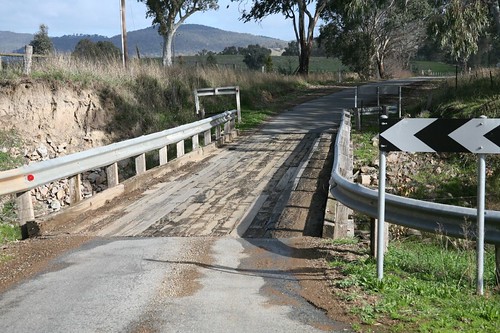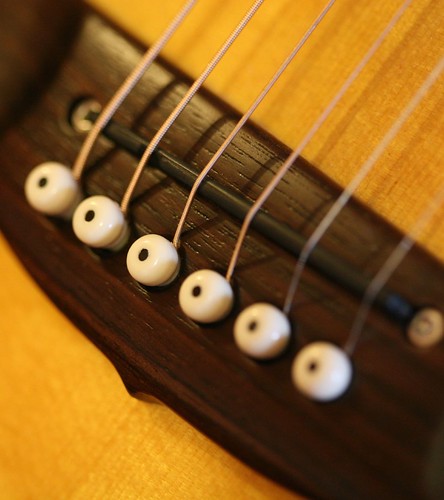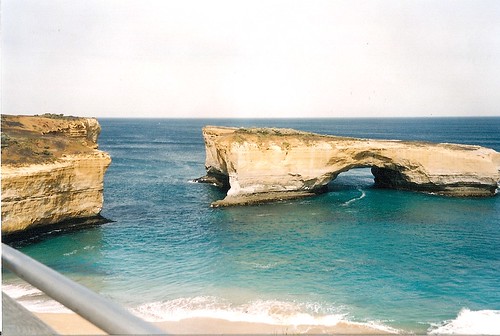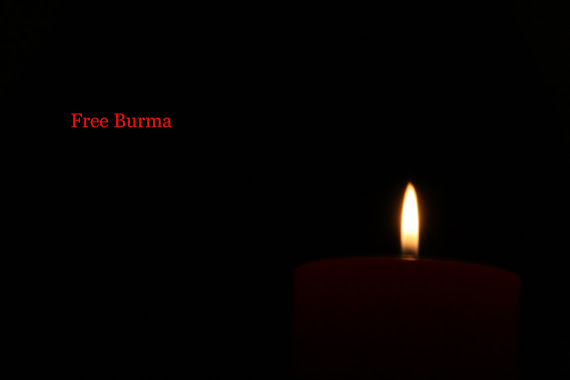by Sharon Penman.
The third book in Penman's trilogy about the lives and times of Henry II and Eleanor of Aquitaine.
The first book -
When Christ And His Saints Slept - dealt primarily with the civil war between Stephen and his cousin Maude (daughter of Henry I) over which of them should have the English crown. After nearly 20 years of bloodshed Maude finally gave up the fight and struck an agreement with Stephen - that she would bow to him as King of England as long as he made her son, Henry, his lawful heir. On the death of Stephen Henry became Henry II, one of England's greatest kings.
The second book -
Time and Chance - deals with Henry II's consolidation of his kingdom and empire, his marriage to Eleanor of Aquitaine and his relationship with his trusted friend and Chancellor, Thomas Becket. Henry and Eleanor is one of the great love stories of history, encompassing soaring love, unbounded ambition, unrivalled power, and, ultimately, conspiracy and betrayal. Henry's relationship with Becket soured remarkably once he elevated his Chancellor to the Archbishopric of Canterbury. Becket transformed from a worldy, intensely political animal into a devout, though still highly political, man of the Church, who's main interest became preserving the independence of that Church. An enormous power struggle between the two men destroyed their relationship and eventually resulted in the murder of Becket at the hands of some of Henry's knights.
Devil's Brood continues the saga and focuses on Henry's struggles to hold his empire intact in the face of increasing rebellion on the part of his wife and sons, willingly aided by the kings of France.
Henry II had forged an enormous empire, due largely to his imposing will, charisma and military and political brilliance. He ruled over England, Normandy, Brittany, Anjou and, through his equally brilliant wife, Aquitaine.
His big mistake was to give his sons titles befitting their rank but no real power to go with them.
The eldest, Hal, is anointed as King of England (to take effect on Henry's death) but has no lands, income or real power of his own. He is portrayed as a rather vacuous, duplicitous show pony with no real understanding of what it takes to be a ruler.
Richard, the second son, is to inherit Aquitaine from his mother.
Geoffrey, the third son, is given the Dukedom of Brittany through his marriage to Constance, the only child of the dead Duke. He is promised Nantes and Richmond but his father never seems to find the right time to hand over the reins.
John, the fourth son, is left with nothing much - although he is made King of Ireland by Henry, with disastrous results. He too had no clue.
Hal is the first to openly rebel, becoming tired of his father's promises to give him real power. These promises are never acted upon as the time is never right. Ultimately it seems that Henry just didn't trust Hal to do the job properly and so kept stalling him.
At various times one or all of his sons are in open rebellion but Henry always seems to find a way to make peace. At other times the sons are fighting amongst themselves and it is Henry who manages to patch things up between them. He also manages to unconditionally forgive them each time.
Above all the intrigue and mayhem, Henry is a father who loves his children. He is constantly betrayed by them but each time the betrayal comes as a shock to him. He can never understand why they rebel. He believes he is doing the right thing for the long term future of his empire and cannot understand why they don't see things as he does. He is also a man who doesn't share power easily and is blind to the effects this has on the sons.
The only person he cannot forgive is Eleanor when he finds out that she has encouraged her sons in their various rebellions. As a result she spends the last sixteen or so years of their marriage as Henry's prisoner, under house (or castle) arrest in England - far from her beloved Aquitaine.
Both Hal and Geoffrey die while in a state of rebellion with their father. Henry does get the chance to reconcile with Hal but not with Geoffrey. Their deaths have a huge effect on Henry, both psychological and physical. His struggle then is centred around Richard and the latter's hostility towards his father, largely due to the treatment of Eleanor. Richard allies himself more and more with Phillipe, King of France, and this is almost more than Henry can bear. As a result he refuses to formally acknowledge Richard, his eldest living son, as his heir.
As he gets older Henry succumbs more and more to physical ailments. These lessen his abilities to impose himself and his support gradually diminishes. He is eventually forced to agree to a humiliating truce (almost a surrender) with Phillipe and Richard. He dies, at the age of 56, not long after.
This is a story of love, power, intrigue, betrayal, forgiveness, trust, distrust, war and family. At 736 pages it's not a quick read. But it's an immensely satisfying one.
I first fell in love with Penman's writing when I read
Sunne In Splendour, many years ago. That book is her take on the story of Richard III. It is still one of my favourite books. She has also written a trilogy on the struggles of the Welsh to retain, unsuccessfully in the long run, their independence from England in Medieval times.
Her books are thoroughly researched and so well written. It's hard not to become personally involved with the various characters as their stories unfold.
Her next book will continue the story of Eleanor and Richard. I can't wait!
If you're a fan of historical fiction, you can do a lot worse than pick up a Sharon Penman book.
